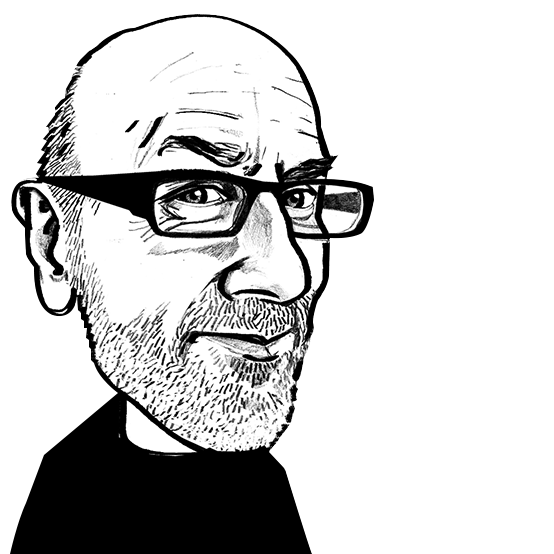
Shoddy for the 21st Century from Camira
Opinion


Transport textile business has reached new heights in the past fifteen years.

16th April 2021
Adrian Wilson
|
Holmfirth, United Kingdom
To mark World Heritage Day this Sunday (April 18th), Camira is celebrating almost two centuries of transport textiles manufacturing.
Origins
The company’s story began in 1822, when a cloth manufacturer named John Holdsworth founded a worsted spinning mill named Holdsworth in Halifax in the North of England.
With a rich family history in fabric manufacturing, Holdsworth already had extensive knowledge of the industry and the company quickly grew. In the following decades it created yarns from raw wool and specialised woven fabrics, including damasks, velvets and tapestries. It also established its reputation for providing speciality cloth for railroads and shipping companies and began supplying these to transport organisations across the world.

In the 1860s, the success of Holdsworth was marked by the construction of new offices by Sir Charles Barry – the British architect responsible for such significant works as the Houses of Parliament and Trafalgar Square Fountains – and the company employed over 2,000 staff, illustrating its extensive size and reach.
Throughout the late 1800s, Holdsworth consolidated its position as a supplier to the transport industry, providing to many British railway companies, including the Great Northern Railway (GNR) and the Great Central Railway, as well those further afield, such as the Natal Railway in South Africa.

20th Century
In 1909, Holdsworth became a founding member of the Moquette Manufacturers’ Association, symbolising the firm’s commitment to a textile construction which remains a staple in the Camira portfolio to this day. Moquettes, reps and fringes were produced for railway carriages, cars, coaches, buses, steamships and planes.
The outbreak of the First World War in 1914 caused a great deal of disruption to the operational capabilities of Holdsworth but allowed it to further establish its position as a moquette manufacturer due to the lack of imports from Germany, as well as assisting in the war effort through the production of khaki cloth. When war broke out once again in 1939, The Ministry of Supply became Holdsworth’s largest customer, accounting for nearly 80% of sales, with the company supplying everything from white duck canvas for camouflaging to linings for flying suits, as well as materials for motor vehicles.
In the latter part of the 20th century, Holdsworth began to concentrate on the export market, developing its presence across the globe. In the 1990s, sales in North America grew to approximately a fifth of the company’s turnover, and led to the formation of an American subsidiary, Holdsworth North America, which began trading in September 1994.

In addition, Australasia was another key market, with 32 of the 36 coaches shown at the Sydney Motor Show in 1985 trimmed with fabric produced by the company, while European sales continued to grow, along with penetration in the Middle East, the Far East, South Africa, South America, Cyprus and Russia. By 1999, these overseas markets combined to make three-quarters of the company’s sales.
This growth was complemented by significant investments in machinery and state-of-the-art CAD equipment, making the Holdsworth factory one of the most modern and largest weaving units of its type in the world.
21st Century
After six generations in the family, the Holdsworth business was sold in 2005 for real estate development of its historic mill complex. Two years later, in 2007, Camira purchased the Holdsworth brand name and assets – including the moquette looms on which its transport textile heritage is founded – and brought the historic firm into the Camira Group.
As a result of the successful integration and reinvigoration of the transport textile business, Camira has taken the sector to new heights in the past fifteen years.

While the head office and core manufacturing facility remain in Yorkshire – not far from where Holdsworth first began – the company’s reach has continued to be truly global, with warehouse and distribution facilities in the USA, Australia, a manufacturing plant in Lithuania, and distributors in North America, MEI, Europe and Asia Pacific.
Now offering a huge range of constructions – from the classic Aura moquette and the pioneering Hybrid wire-woven, all-loop fabric to flat woven textiles and ancillary materials and trims, such as leather and vinyl – Camira is proud that the continuous development which defined the Holdsworth name is alive and well in the Camira brand.

Business intelligence for the fibre, textiles and apparel industries: technologies, innovations, markets, investments, trade policy, sourcing, strategy...
Find out more